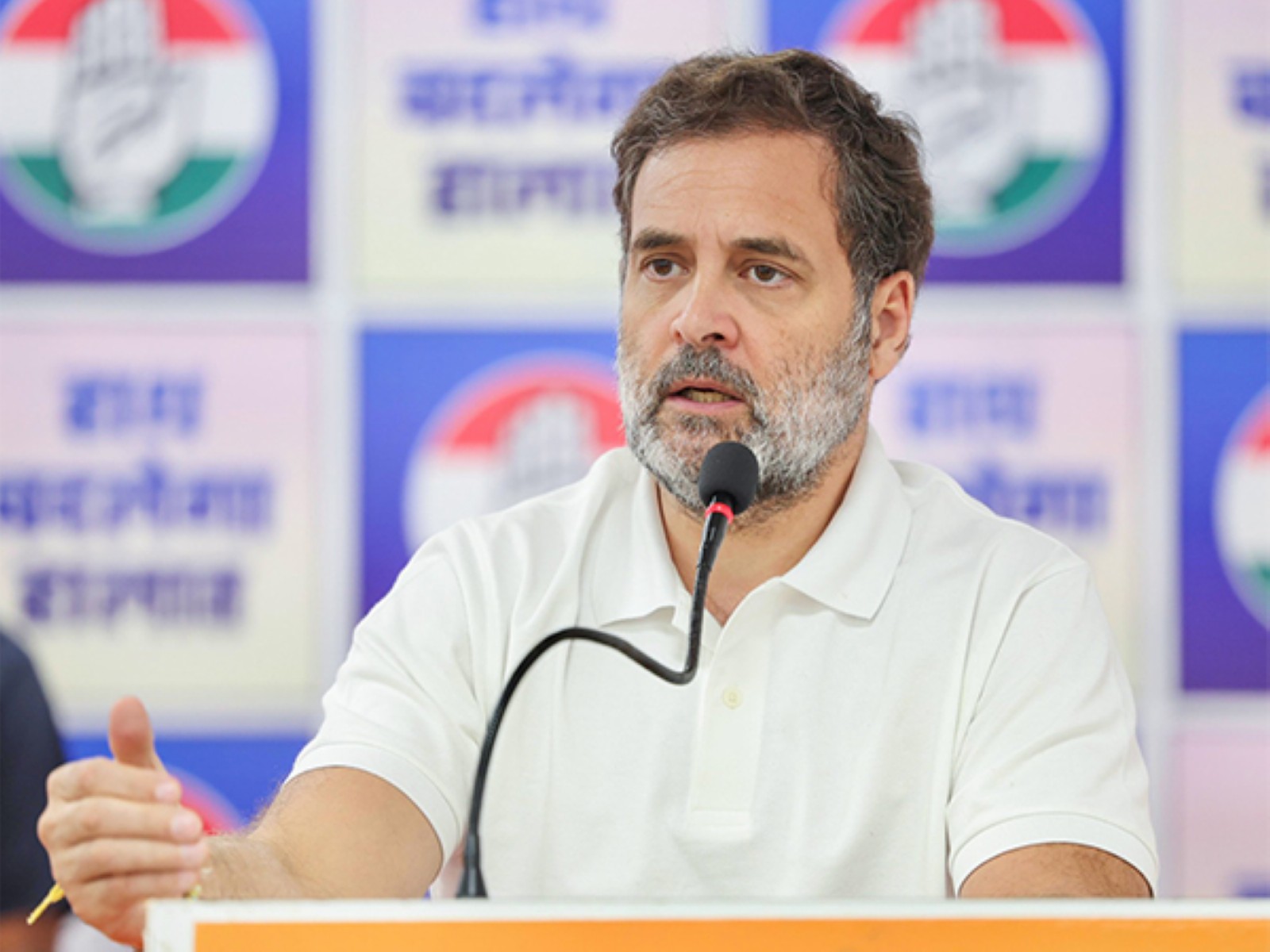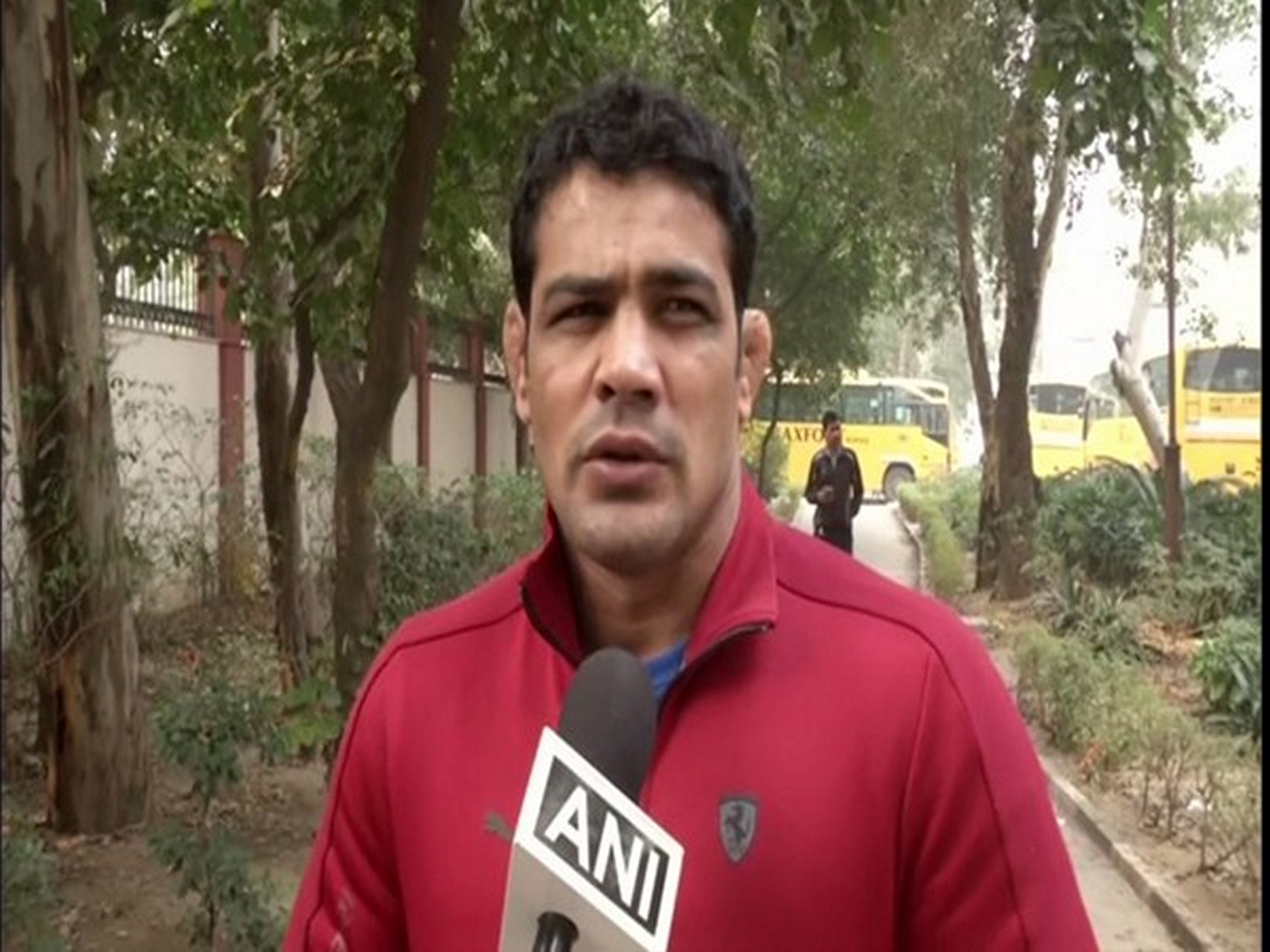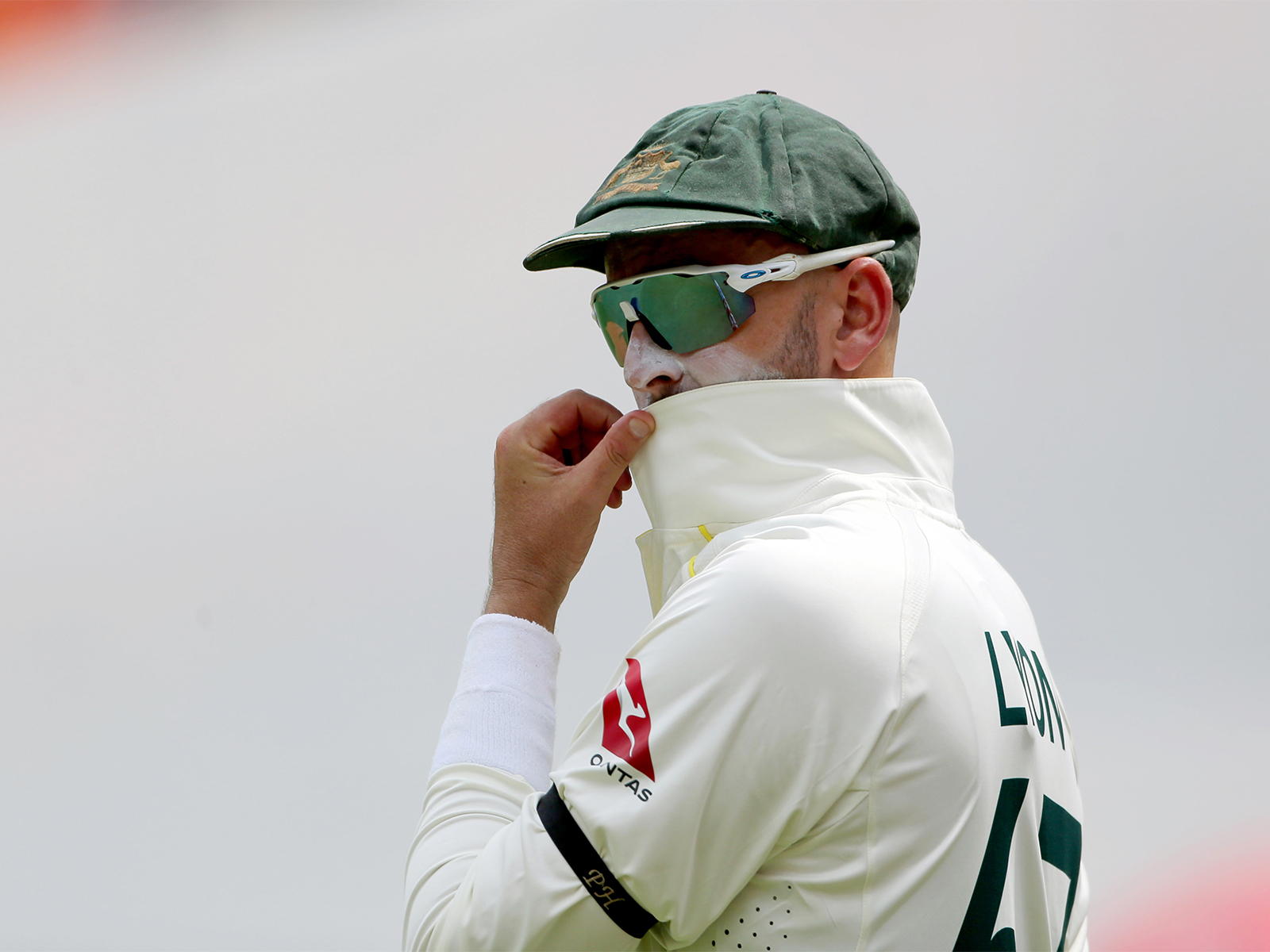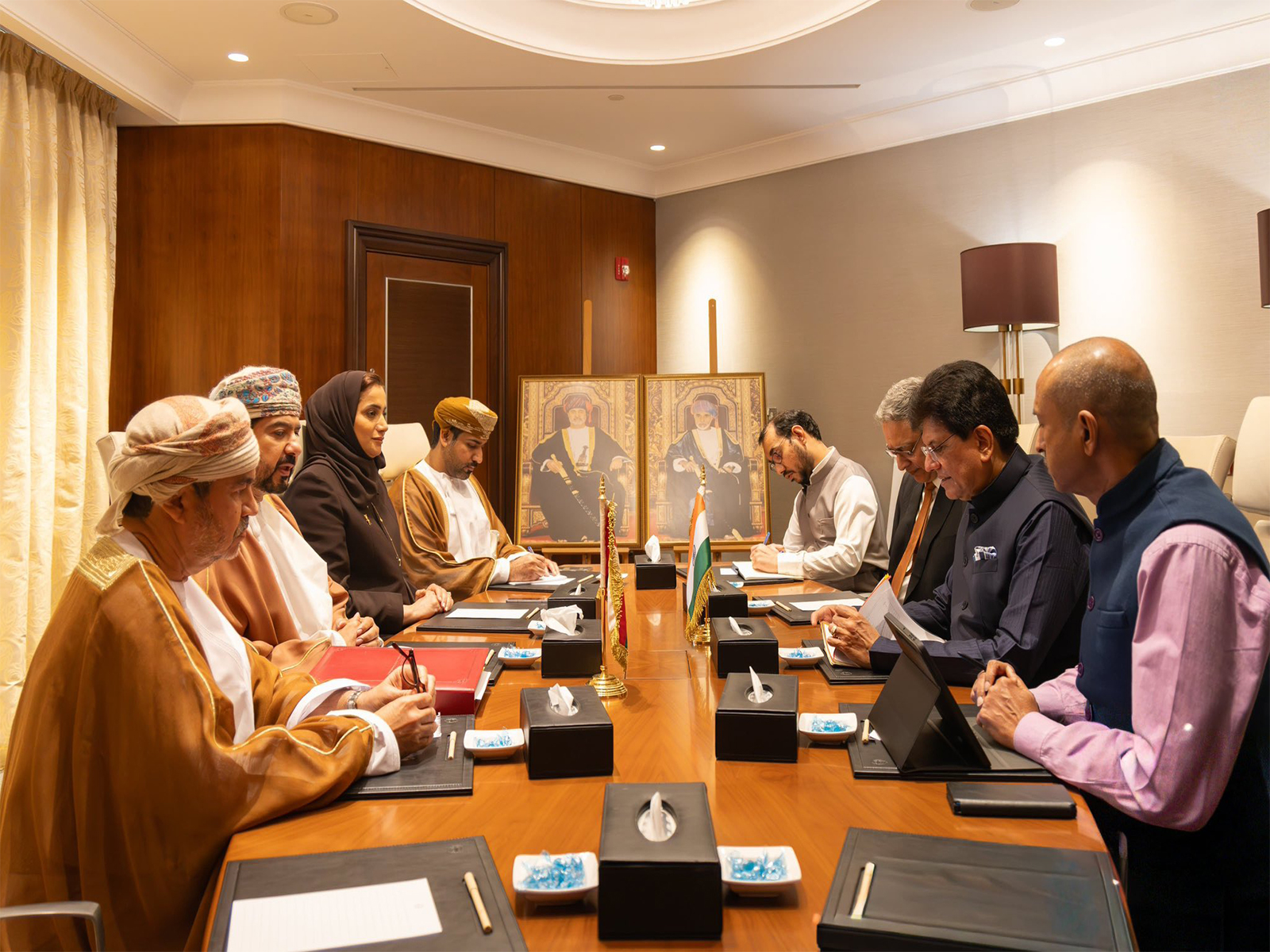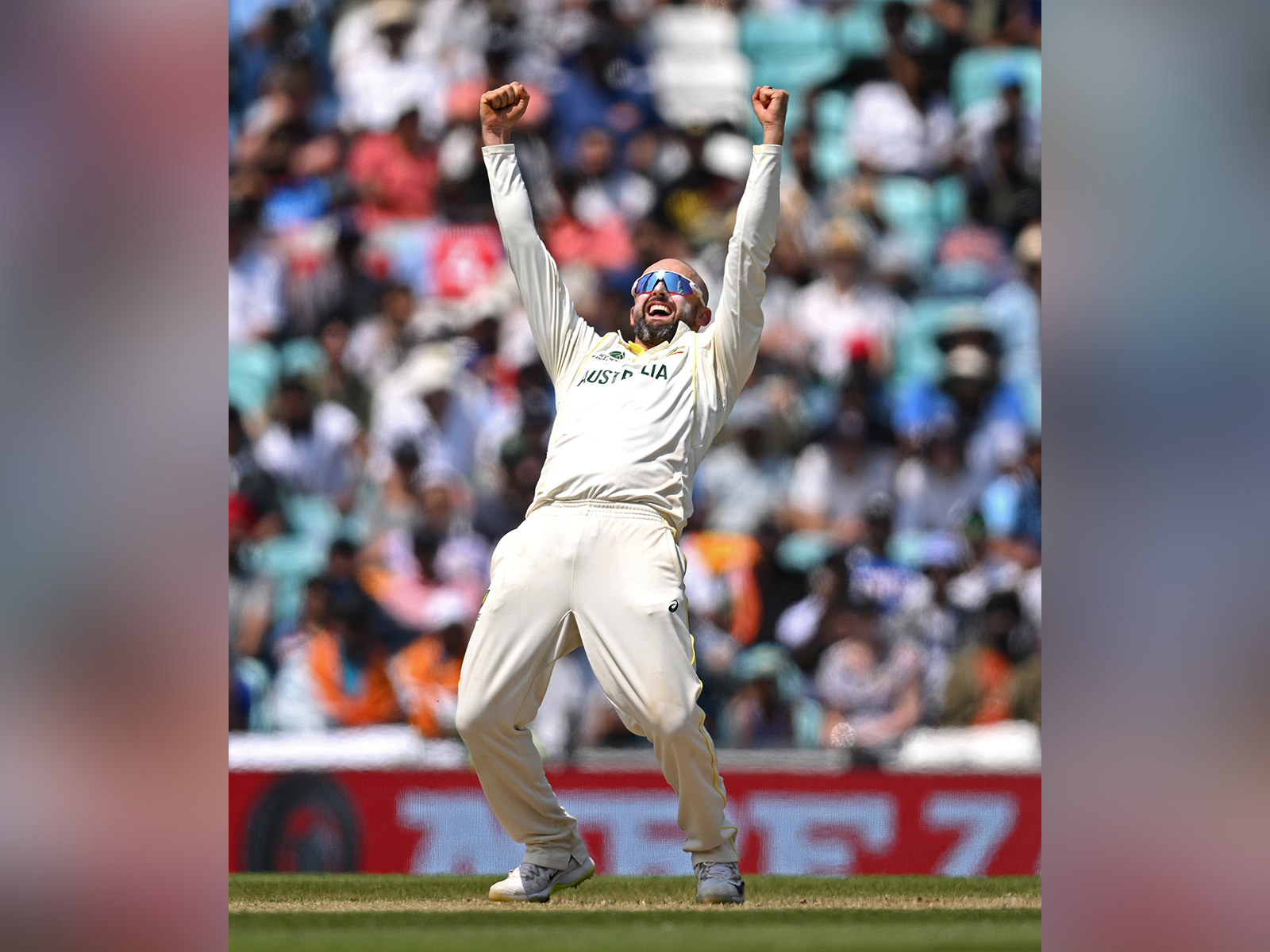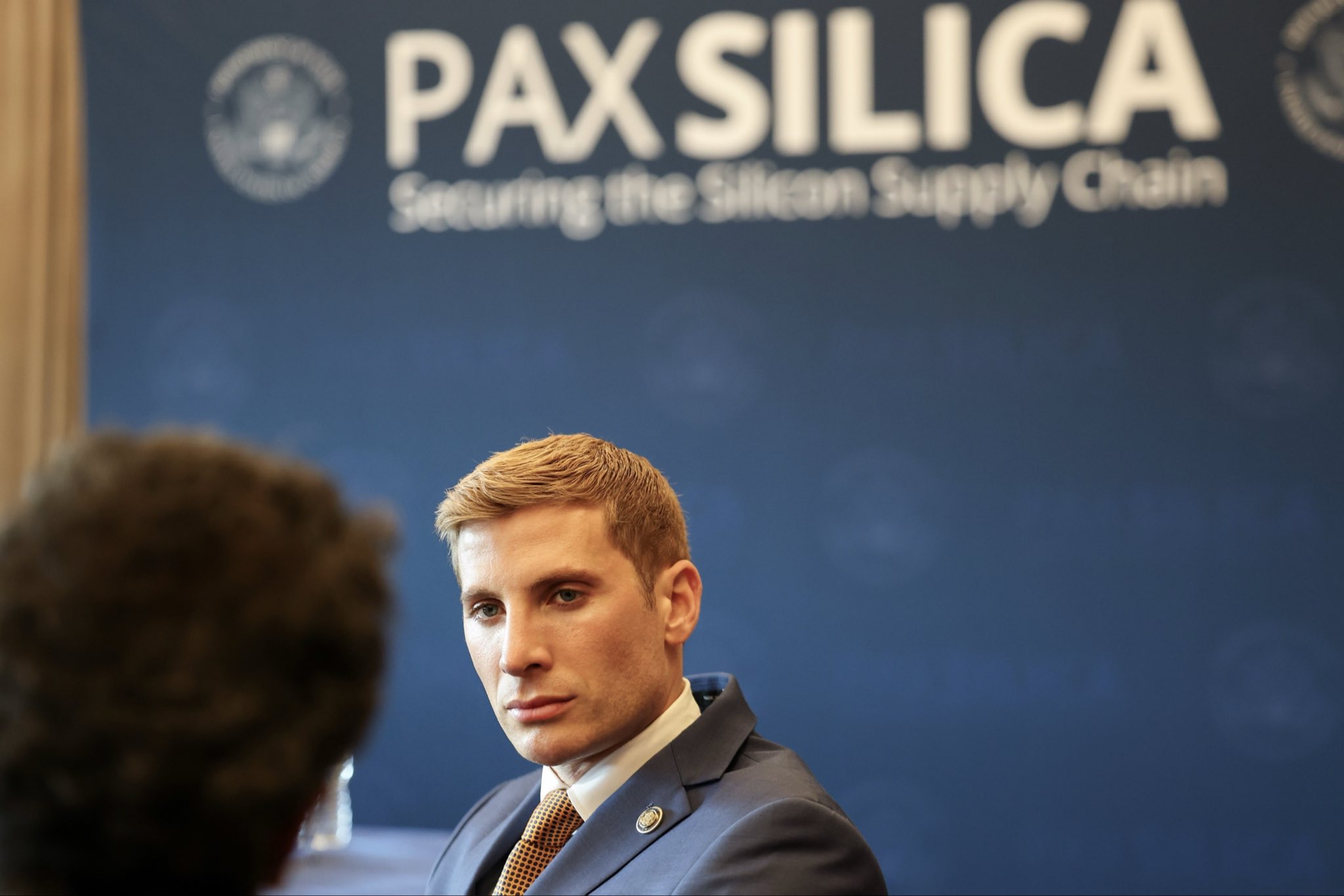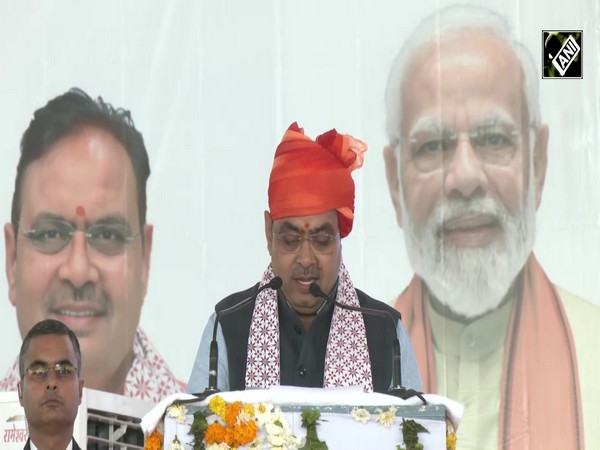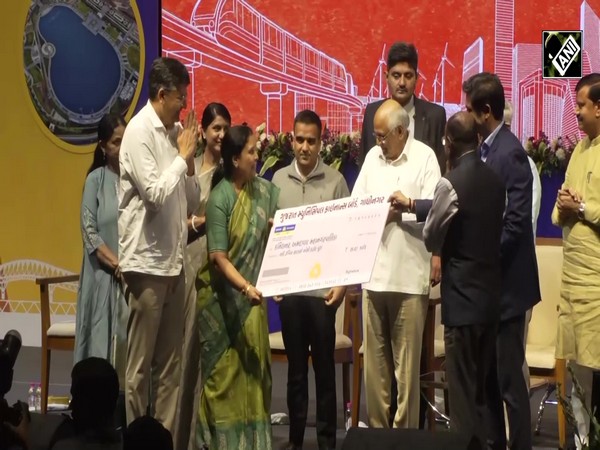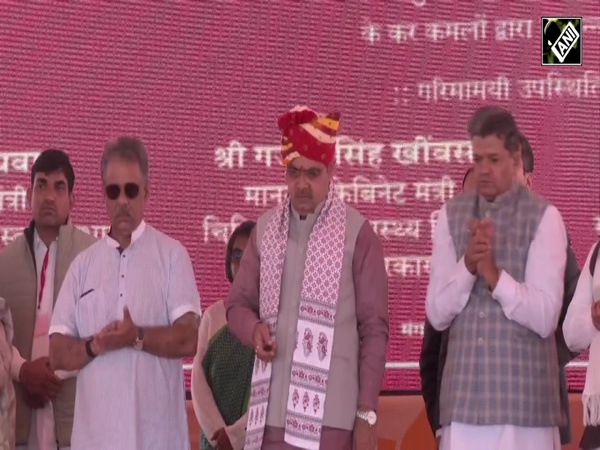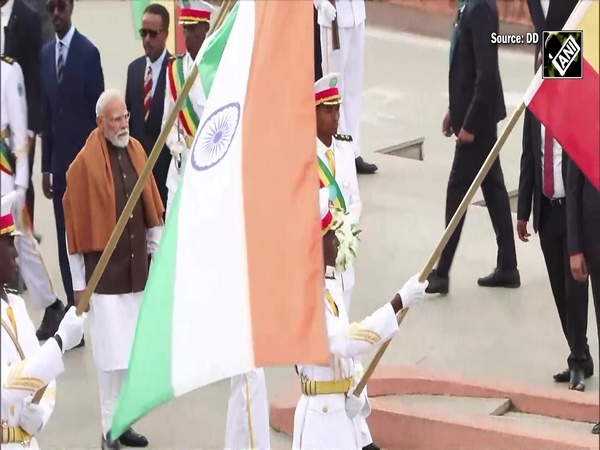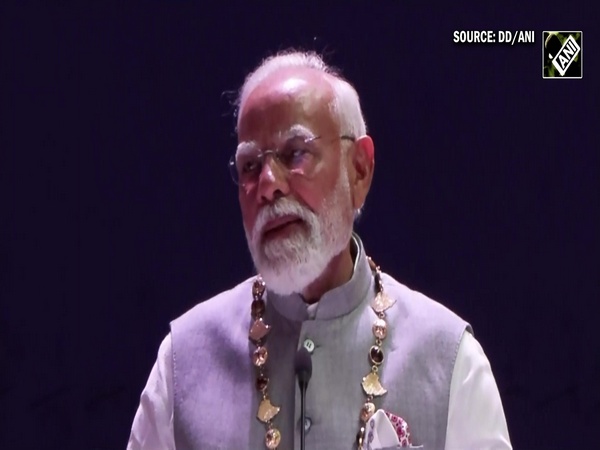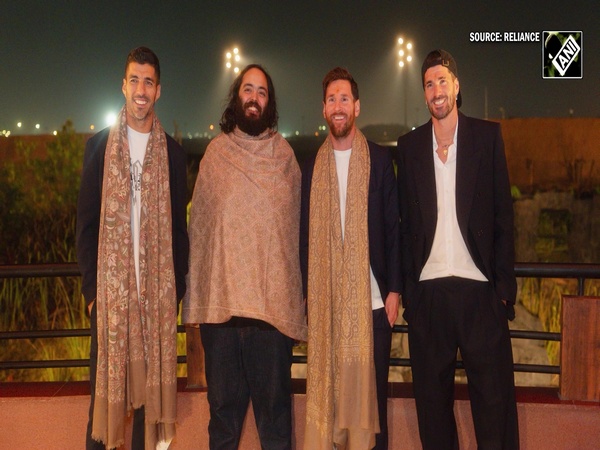Made in India "Neubio Bold" giving hearing gift to children
Mar 03, 2023

New Delhi [India], March 3 : Nearly 2.5 billion people worldwide, or 1 in 4 people will be living with some degree of hearing loss by 2050, warns the World Health Organization's (WHO) first World Report on Hearing.
On the steps of Prime Minister Narendra Modi for "Make in India", Professor. J.M. Hans, Padmashree Awardee with experience of over 40 years in ENT, 25 years in Cochlear Implant and with over 3500 counts of Cochlear Implant Surgeries did the first indigenous Cochlear Implant of Neubio Bold in India, read a press release.
Making efforts to promote hearing health on this "World's Hearing Day" on March 3, 2023, Hans has organized community outreach programs, providing free hearing screenings and education to underserved communities and helping them with the "Gift of Hearing". He believes that everyone, regardless of their background or socioeconomic status, deserves access to quality hearing healthcare as "Hearing care for all".
JM Hans has done over 3500 such procedures and as a veteran, he has even been tirelessly working to promote hearing health and raise awareness about the impact of hearing loss on individuals and society as a whole.
Hans treated more than 30 children and families who were given the "Gift of Hearing" and were implanted with "Neubio Bold", the first and only made-in-India Cochlear Implant in which there is no electronic inside making it safe for users.
JM Hans took an initiative to treat poor people who have hearing loss and couldn't afford expensive cochlear implant surgery.
Neubio BOLD being an indigenous implant, the recurring cost for patients is reduced drastically which is a major challenge with other manufacturers. This makes the implant affordable and accessible for lot of patients who are advised for cochlear implant as a hearing solution. With Neubio BOLD patients can listen close to natural sound appreciating music and tonal languages as this implant provides electric analogue signals, said Dr J M Hans.
Every family had heartwarming stories to share after the implant was activated. The happiest moment in a parent's life is when they hear their child say 'papa' and 'mama'. Our child has been using Neubio's implant for about 6 months and she is developing speech very well" said Himani's father.
Shivika's mother pointed out that her daughter now has a newly discovered hobby, dancing to music. 'No matter how loud the music was before the surgery, she would not respond. Her favourite thing to do now after using the implant every morning is to turn on music and joyfully dance to it.'
Nikhil's mother said he could now identify different fruits, vegetables, animals, vehicles and much more by just listening to their associated words. He is now following her mother's verbal commands and enjoys learning mathematics at school.
A cochlear implant can be an expensive device to maintain. Considering Neubio's implant is made in India, a question about the cost of maintenance was asked to many families. Parents pointed out that no family had bought or spent anything extra for the device's maintenance over the course of a year.
Dr Hans was the first surgeon to do Neubio's Implant in India and has done over 30 surgeries with this "New Make in India Neubio Cochlear Implant '' with all the patients showing very good outcomes. His Aim in the last 25 years, has been to improve & improvise, both Technique and Technology in the field of Cochlear Implants in the world.
The Minimal Invasive Technique reduced the time taken for surgery from 3 hours to 40 minutes, which becomes even more important when Bilateral Implantation is being done on an 8-month-old child. Bilateral Implantation will take 6 to 7 hours as compared to 2.5 hours in this Technique
Dr Hans Pioneered the Minimal Invasive Technique for Cochlear Implants in India, he was also involved in the making of indigenous implants which was a project with the DRDO. In 2021, Neubio started making indigenous cochlear implants in India after being approved by CDSCO. These implants were made under the technology transfer program.
